
Zero-knowledge proofs (ZKPs) have emerged as a cornerstone technology for privacy in decentralized identity wallets, reshaping how individuals and organizations manage digital credentials. In a world where data breaches and identity theft are rampant, the ability to prove facts about oneself without exposing underlying personal information is nothing short of revolutionary. This cryptographic innovation is not just theoretical; it’s actively being deployed in zk identity wallets and self-sovereign identity frameworks to deliver privacy-preserving authentication at scale.
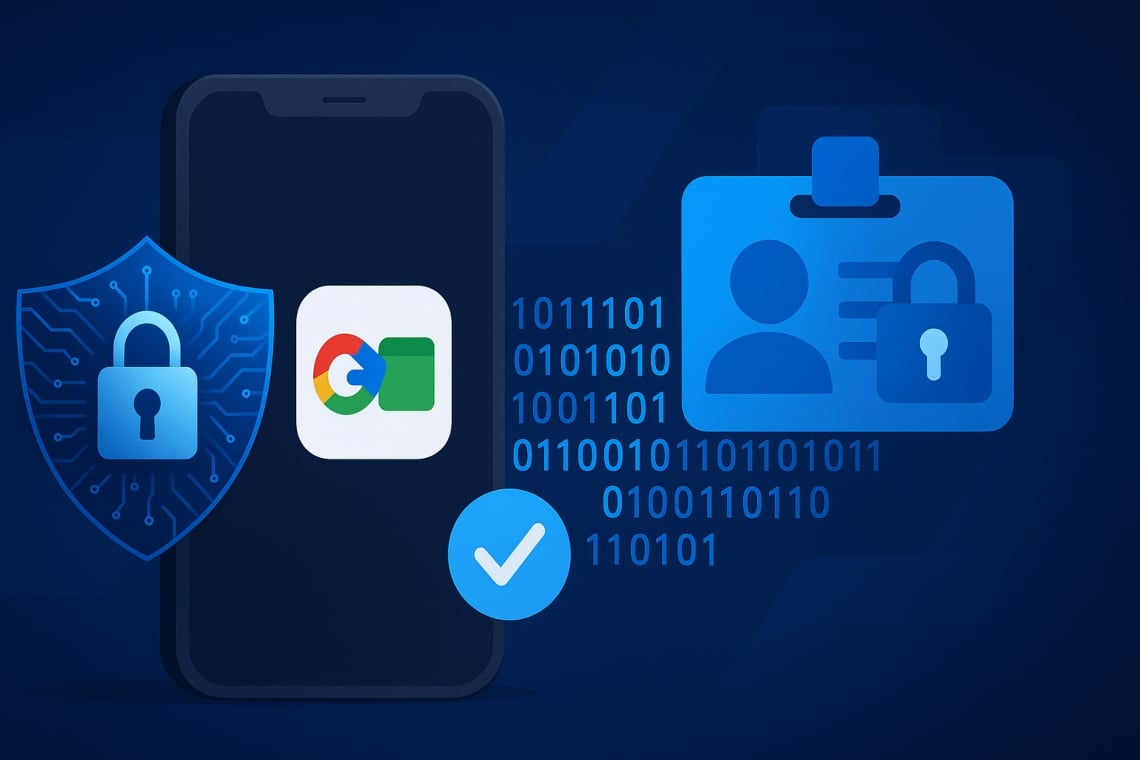
Understanding Zero-Knowledge Proofs in the Context of Decentralized Identity
At its core, a zero-knowledge proof allows one party (the prover) to convince another party (the verifier) that a statement is true without revealing any additional information beyond the validity of the statement itself. For example, you can prove you are over 18 years old without disclosing your actual birthdate or even your name. This is achieved through advanced cryptographic protocols that ensure only the necessary attribute is revealed, not the underlying data.
In decentralized identity systems, this selective disclosure capability is critical. Traditional digital identity checks often require users to submit full documents or entire data sets, exposing them to unnecessary risk. With ZKPs integrated into privacy-preserving wallets, users maintain control over their personal information, sharing only what’s essential for verification while keeping everything else confidential.
Why Data Minimization Matters: Regulatory and Security Perspectives
The principle of data minimization, collecting only what is strictly necessary, has become central to modern privacy regulations like GDPR and CCPA. Zero-knowledge proofs align perfectly with these mandates by enabling compliance without sacrificing user experience or security. Regulatory bodies are increasingly advocating for technologies that achieve unlinkability (preventing separate transactions from being correlated) and unobservability (making it impossible for outside parties to monitor user activity). ZKPs deliver both by ensuring that verifiers learn nothing beyond what has been explicitly consented to.
This approach also significantly reduces the attack surface for hackers and malicious actors. Since personal data isn’t stored or transmitted unnecessarily during verification processes, there’s less incentive, and less opportunity, for data breaches or unauthorized access events. Projects such as Polygon ID exemplify this paradigm shift by empowering users with self-sovereign control over their digital identities while satisfying regulatory requirements for KYC and AML checks through zero-knowledge authentication.
Practical Applications: From KYC to Everyday Authentication
The utility of zero-knowledge proofs extends far beyond compliance checkboxes. Consider Know Your Customer (KYC) procedures, a necessary evil in financial services but historically fraught with privacy concerns due to overexposure of sensitive documents. With ZKPs, users can prove eligibility (such as jurisdictional residency or age) without uploading passports or driver’s licenses in full. Financial institutions receive cryptographic assurance that requirements are met while remaining blind to extraneous details.
This same logic applies across diverse real-world scenarios: accessing age-restricted online content, proving membership in professional organizations, or authenticating academic credentials, all without surrendering more information than needed. The result? A dramatic enhancement in both user convenience and systemic security.
Zero-knowledge proofs are now being woven into the fabric of leading zk identity wallets and privacy-preserving platforms. These solutions empower users to interact with digital services, sign into decentralized apps (dApps), or access gated communities without leaving a trail of sensitive data behind. For example, a user can demonstrate that they possess a valid university degree to an employer or a scholarship provider without exposing the actual document or any unrelated personal information.
Real-World Use Cases for ZKPs in Decentralized Identity Wallets
-
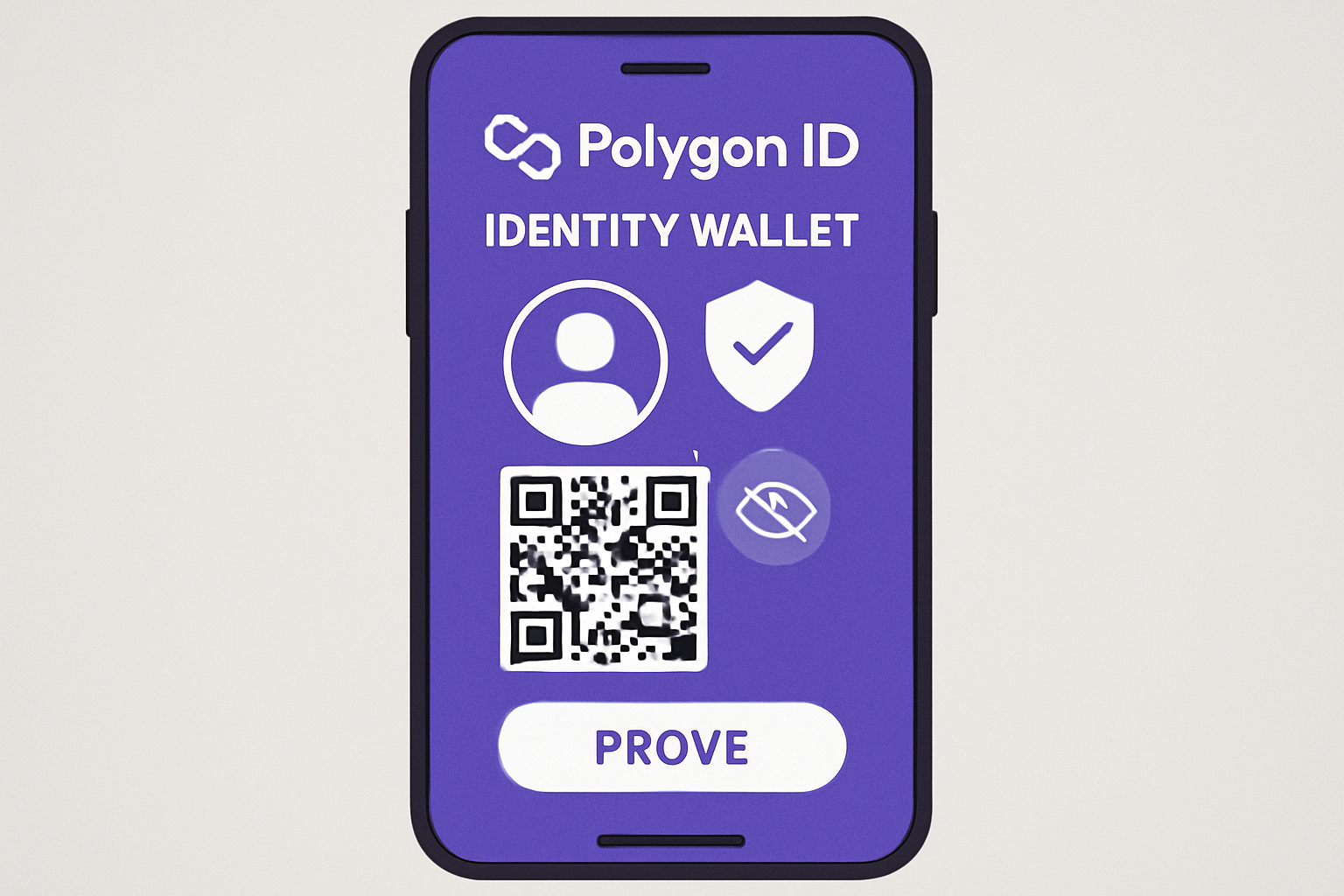
Polygon ID: Self-sovereign identity management—Polygon ID leverages zero-knowledge proofs to let users prove attributes (like age or citizenship) without revealing sensitive personal data, enabling privacy-preserving authentication for Web3 applications.
-
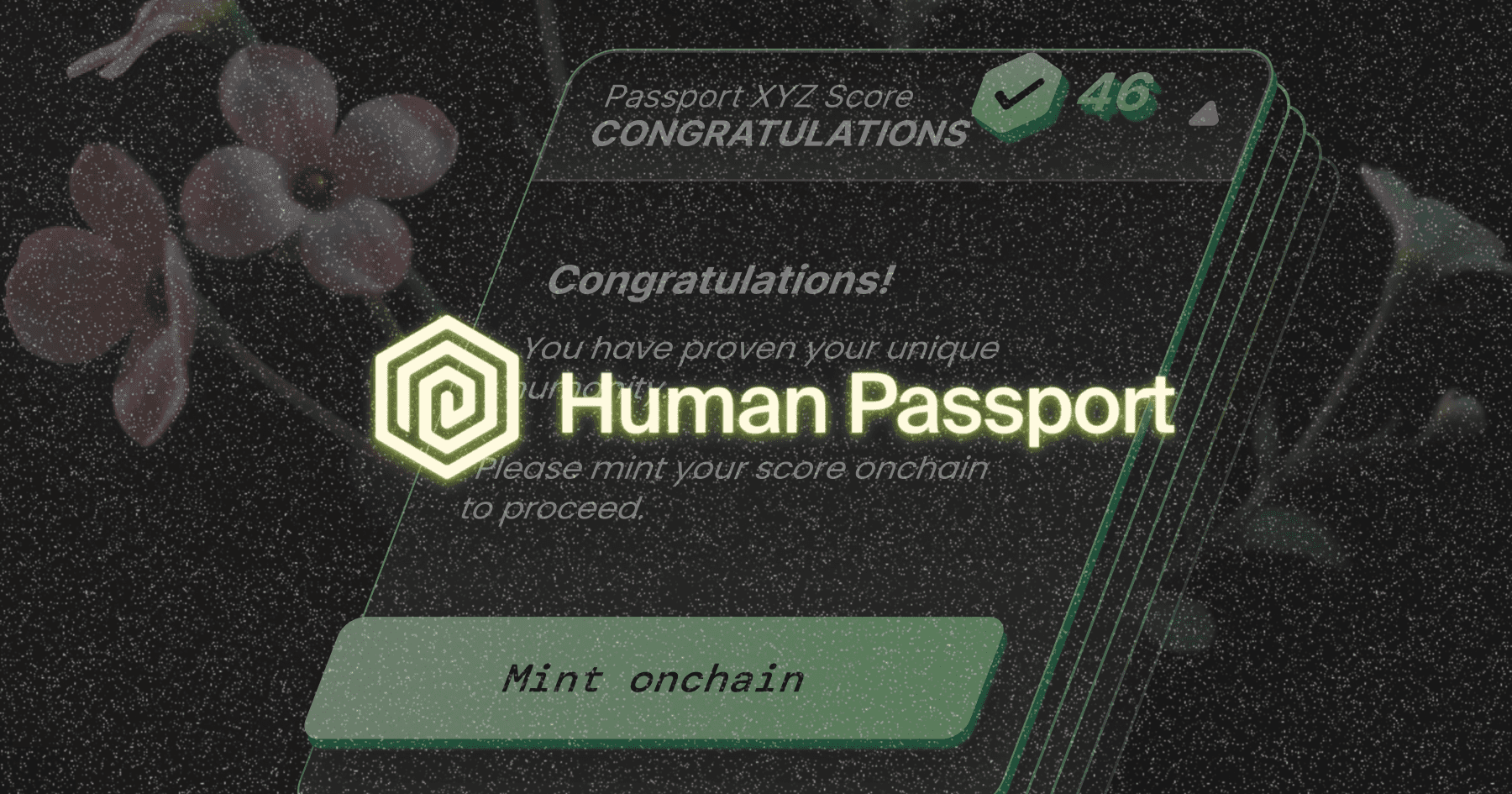
Onchain Passport: Selective disclosure for regulatory compliance—Onchain Passport uses ZKPs to allow users to prove compliance with KYC/AML requirements without exposing their full identity, reducing data exposure during verification.
-

Dock Wallet: Private credential verification—Dock’s decentralized identity wallet implements ZKPs to verify credentials (such as educational degrees or professional certifications) without revealing the underlying documents or personal information.
-
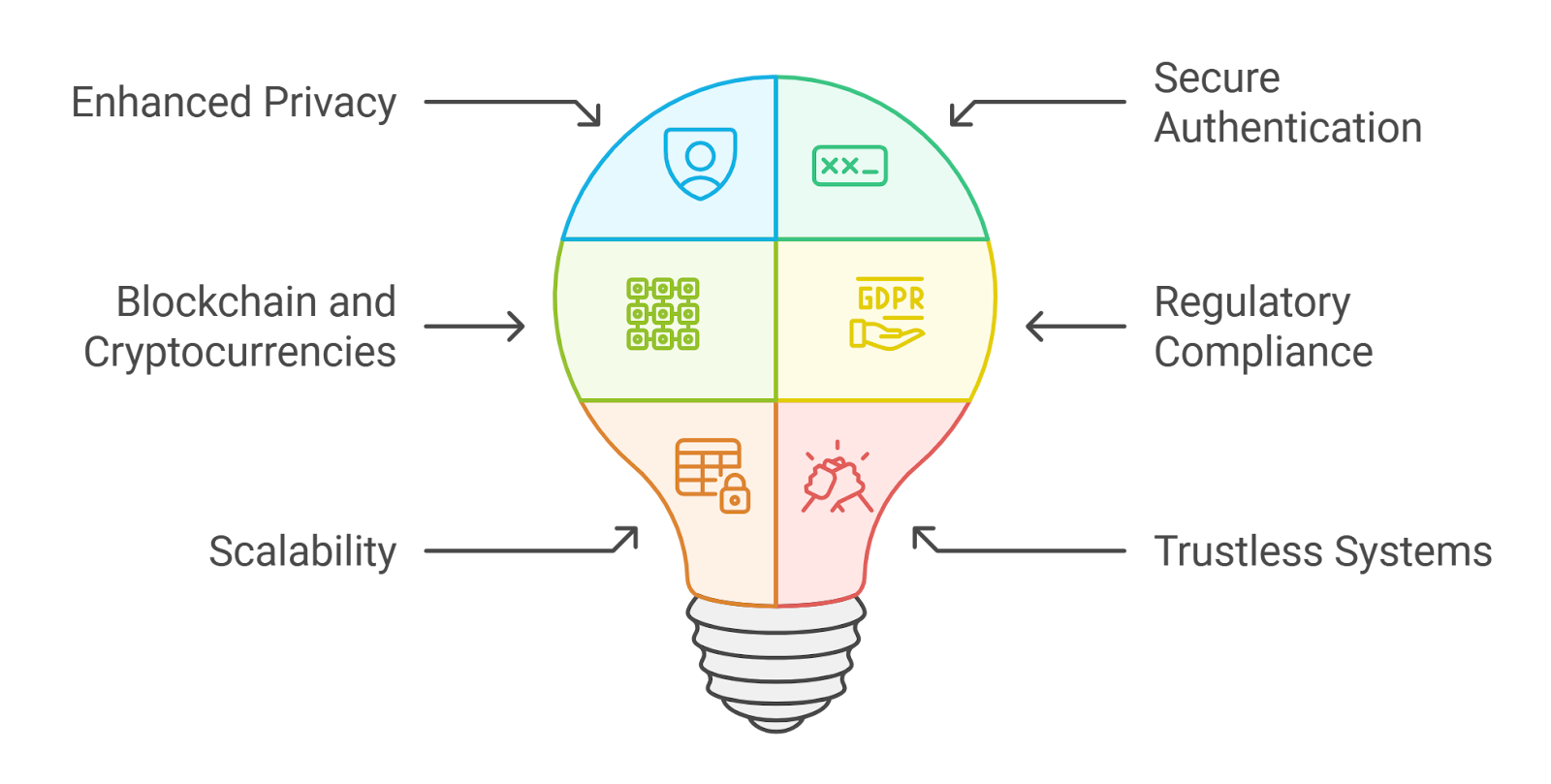
Mina Protocol: Privacy-preserving login and authentication—Mina Protocol utilizes ZKPs for secure logins, allowing users to authenticate to dApps without sharing personal identifiers, thus minimizing risks of data breaches.
-
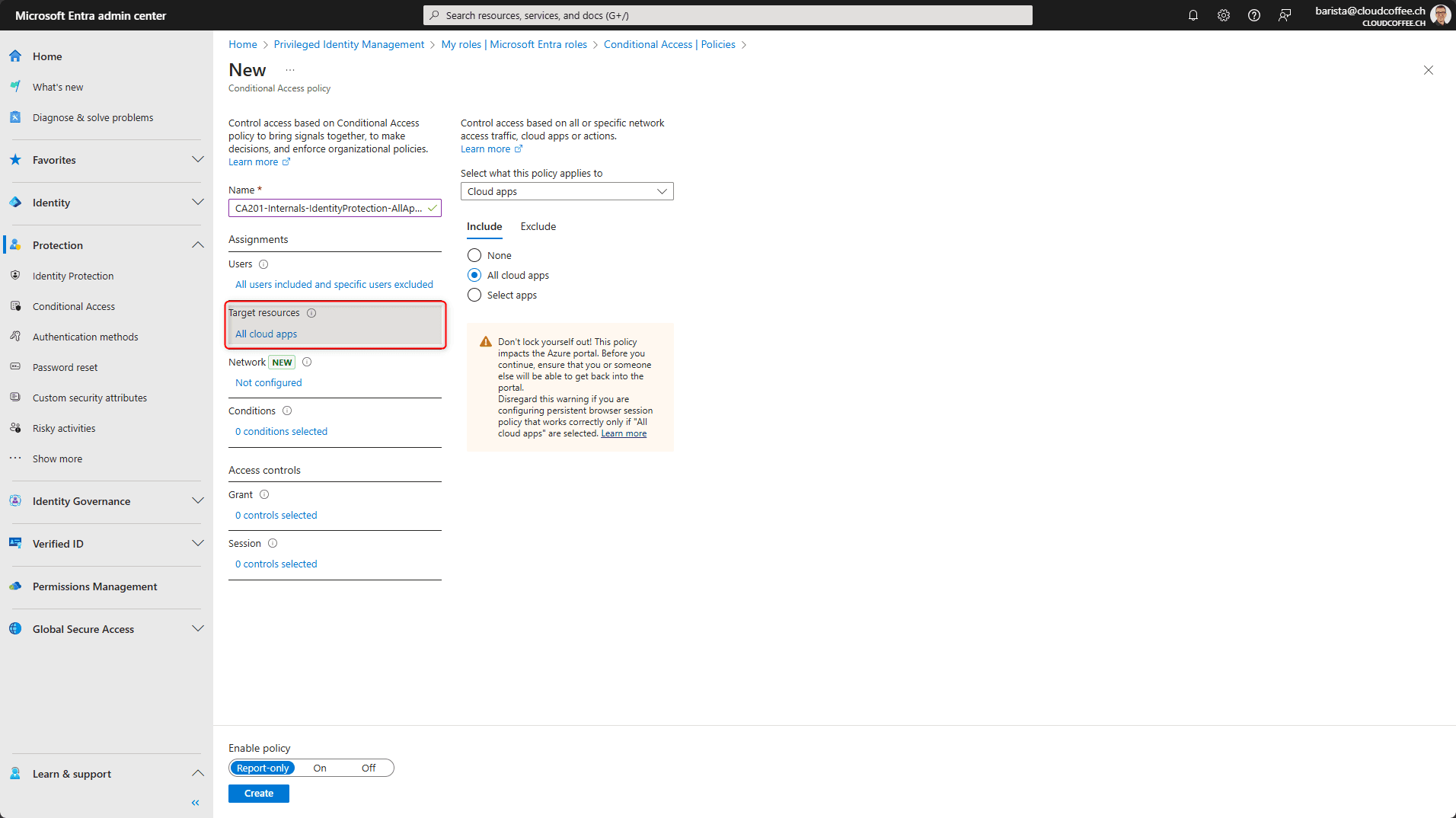
Microsoft Entra Verified ID: Enterprise-grade decentralized identity—Microsoft’s Entra Verified ID platform incorporates zero-knowledge proofs to let users prove claims (such as employment status) to organizations, ensuring only necessary information is disclosed.
What makes ZKPs especially compelling is their ability to support self-sovereign identity security. Unlike traditional federated identity models, where centralized authorities control and often monetize user data, decentralized identity frameworks powered by ZKPs place the user at the center. Individuals hold their credentials within their own wallet and decide exactly when, how, and to whom they reveal specific attributes. This model not only mitigates risks of mass data breaches but also aligns with evolving expectations around digital autonomy and consent.
Challenges and Opportunities: Scaling Privacy-Preserving Wallets
The adoption curve for ZKP-enabled decentralized identity is steep but promising. Scalability remains a technical challenge; generating and verifying zero-knowledge proofs can be computationally intensive, though recent advancements in cryptographic engineering are rapidly improving performance. Additionally, interoperability between different wallets and standards is crucial for mainstream adoption, users should be able to port their verifiable credentials across ecosystems without friction.
Despite these hurdles, momentum is building as both regulatory pressure and consumer demand for privacy grow. Developers are integrating ZKP modules into open-source DID frameworks, while enterprises pilot KYC processes that minimize liability by avoiding unnecessary data retention. As more projects like Polygon ID demonstrate robust implementations in production environments, confidence in zk identity wallets as a privacy-first solution will only accelerate.
Looking Forward: The Future of Decentralized Identity Privacy
The next phase for zero-knowledge proofs in decentralized identity will likely involve deeper integration with emerging standards such as verifiable credentials (VCs) and decentralized identifiers (DIDs). Expect to see more seamless user experiences where privacy-preserving authentication becomes invisible yet ever-present, enabling frictionless onboarding to financial services, social platforms, healthcare portals, and beyond.
Ultimately, ZKPs represent a paradigm shift not only in technology but in digital trust itself. By proving what matters, and nothing else, users reclaim control over their personal information while organizations meet compliance obligations without amassing risky troves of data. As privacy-preserving wallets gain traction, we move closer to an internet where digital sovereignty is standard rather than exception.






